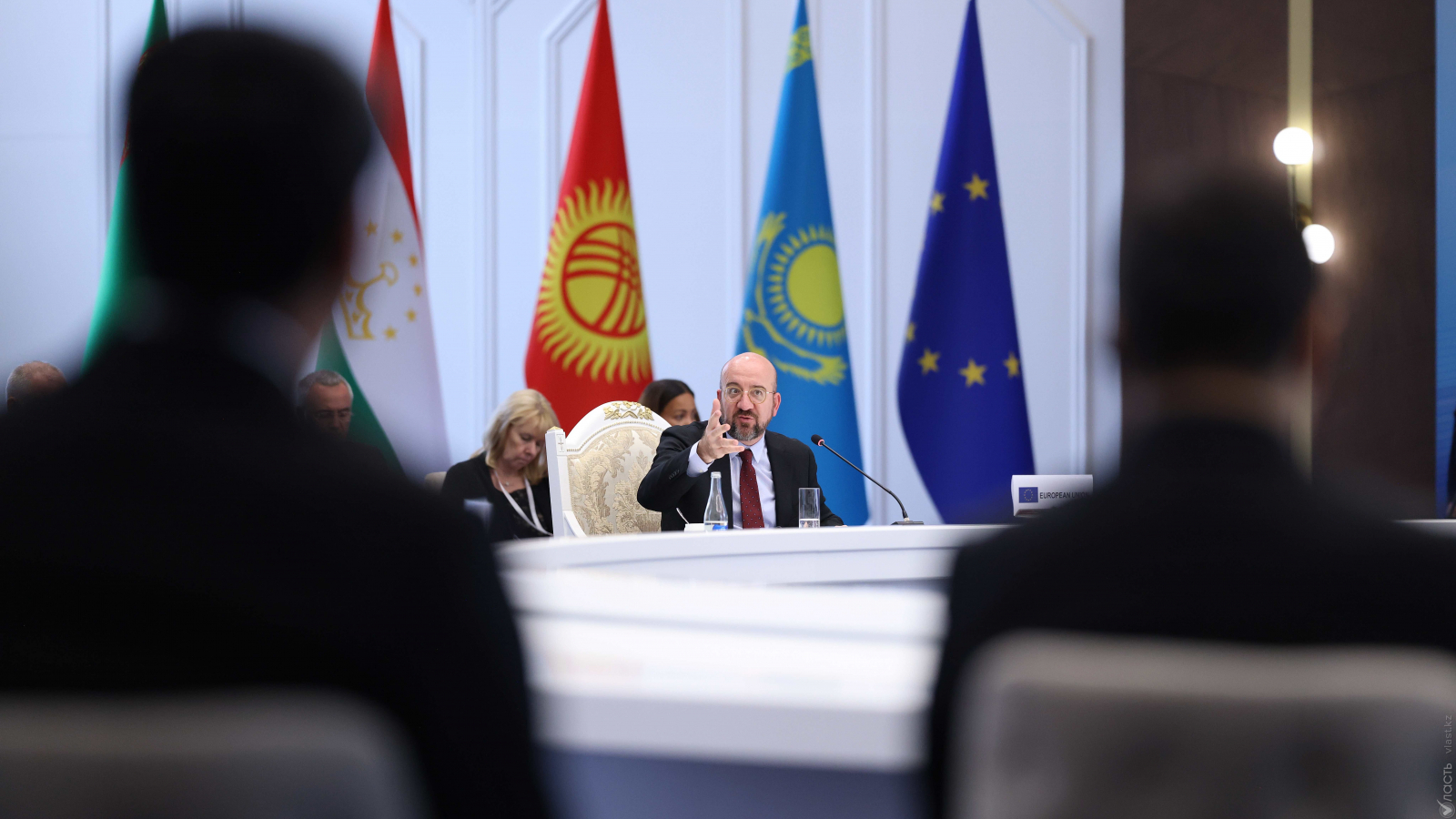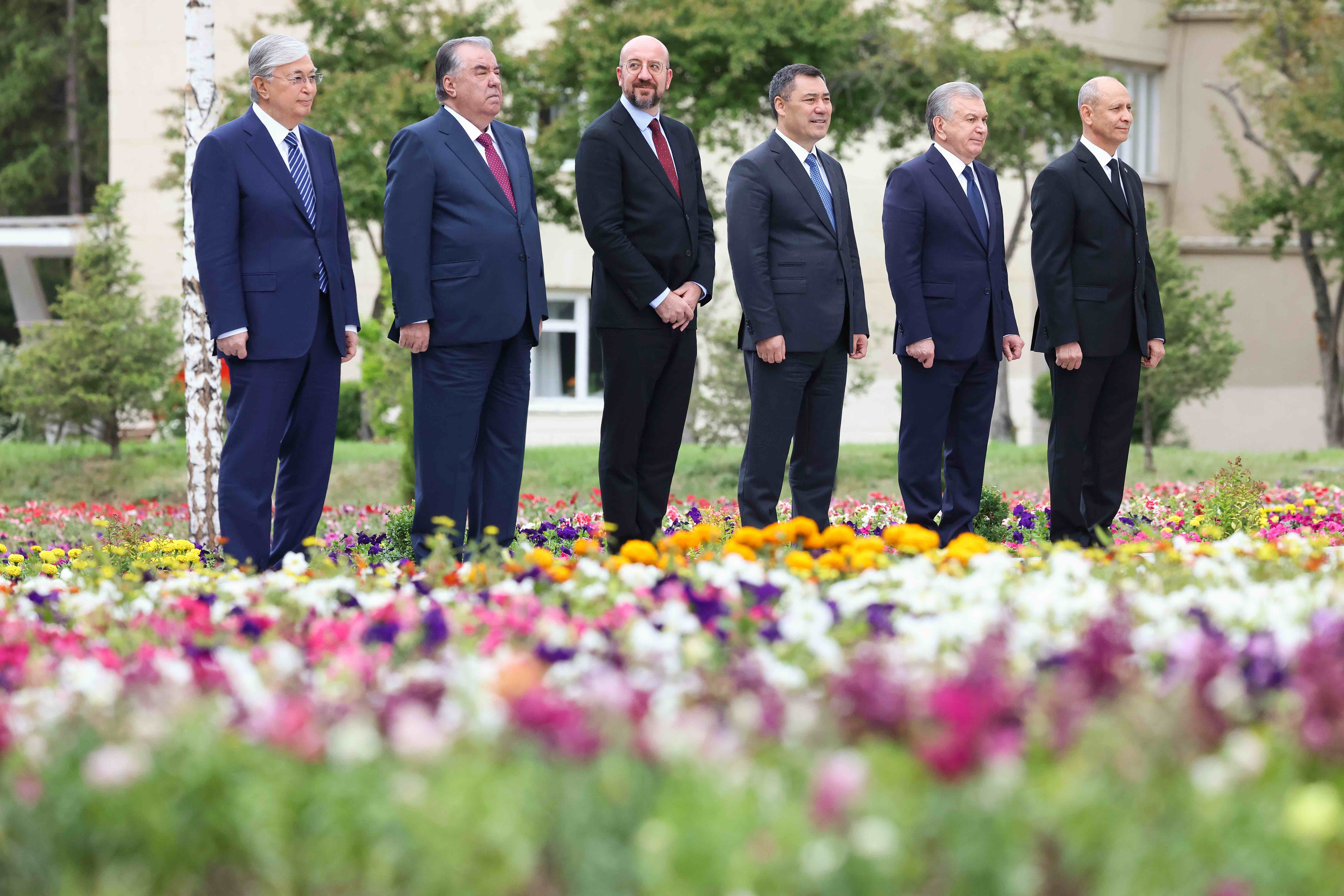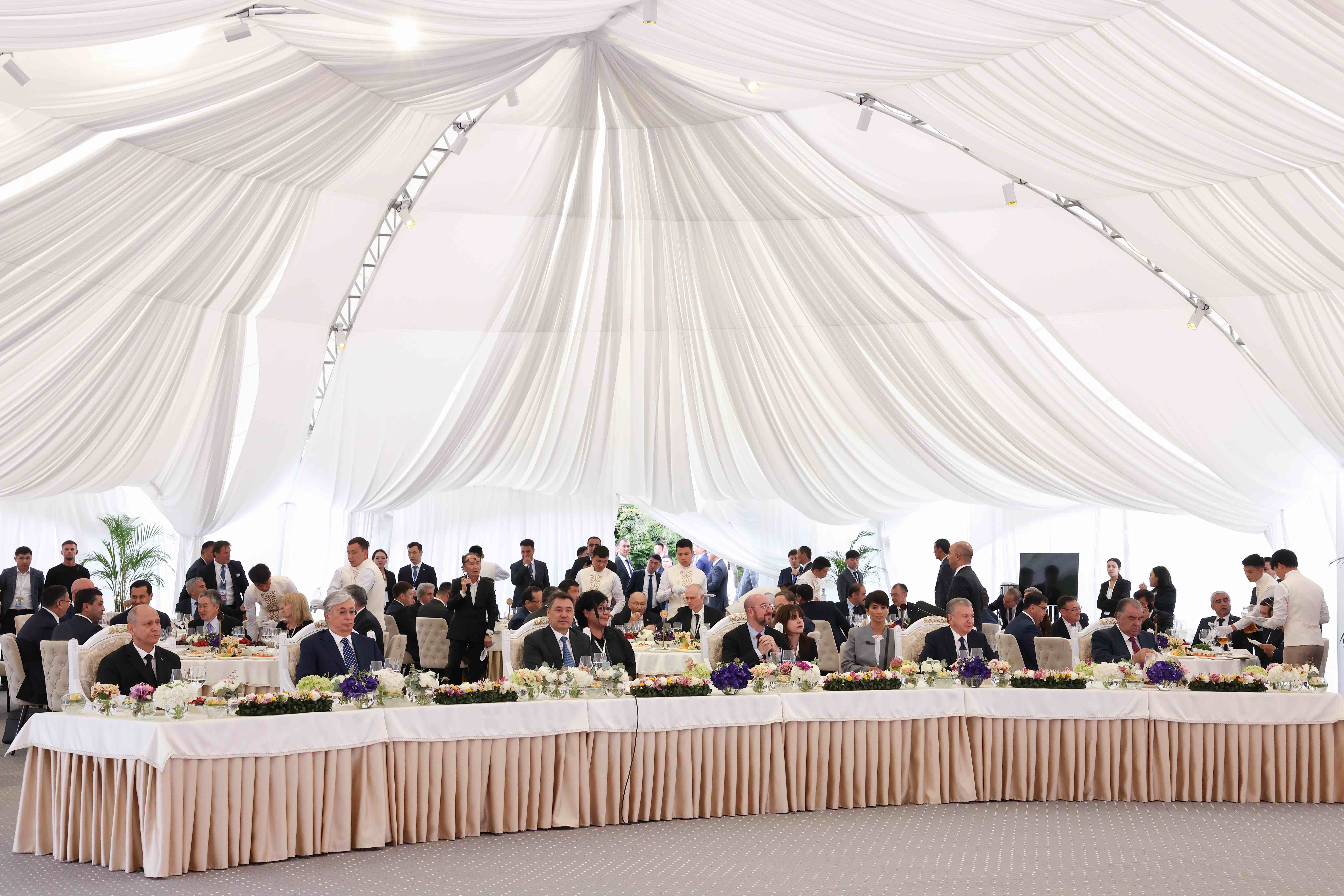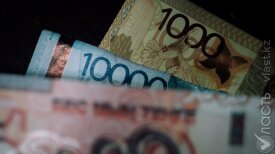The President of the European Council Charles Michel traveled to Kyrgyzstan on Friday to meet the leaders and representatives of all Central Asian countries for a two-day European Union - Central Asia summit, where he laid out plans for cooperation in the spheres of trade, critical raw materials, transport, green energy, and security.
The summit took place on June 2-3 in Cholpon-Ata, a touristic town on the northern shore of Issyk-Kul, one of the world’s deepest lakes. There, in the summer of 2022, Central Asian leaders held a regional summit to discuss cooperation amid geopolitical tension caused by Russia’s war in Ukraine.
In Cholpon-Ata, during his remarks, Michel highlighted the relevance of EU trade and investment with the region.
“EU member states are by far the biggest source of foreign direct investment in the region, accounting for more than 40% of foreign direct investment,” Michel said at the opening of the summit on June 2.
A New Routine
In October of 2022, Michel and the highest representatives of the governments in the region had met in Astana for the first EU-Central Asia summit.
This year’s summit falls in line with the EU’s increased frequency in meetings with Central Asia representatives, Zhanibek Arynov, assistant professor at the Graduate School of Public Policy at Nazarbayev University, who worked extensively on Kazakhstan-EU relations, told Vlast.
“This looks like a continuation of the recent meetings in Samarkand and Almaty, which mostly focused on connectivity, green energy, and trade,” Arynov said.
In November 2022, within the framework of its so-called Global Gateway strategy, the EU co-organized a “connectivity conference” in Samarkand, Uzbekistan, opened with remarks by Josep Borrell, the EU High Representative for Foreign Affairs and Security Policy and Vice-President of the European Commission.
In May, EU Commissioner for Trade Valdis Dombrovskis met several members of Central Asian cabinets in Almaty for the second EU-Central Asia Economic Forum to study new EU-Central Asia sustainable transport corridors, as designed by the European Bank for Reconstruction and Development (EBRD).
In Cholpon-Ata, Michel emphasized once again the importance of trade connectivity.
“The EU is also working to ensure sustainable transport connections between Europe and Asia. These connections are essential in the current political context; they must contribute to the sustainable economic development of the entire Central Asian region. We hope to see Central Asia further develop as a common space for cooperation and connectivity,” Michel said.
During his speech, Kazakhstan’s President Kassym-Jomart Tokayev highlighted that “Central Asia is a bridge for more than 80% of overland transit traffic along the China-Europe route.”
The sides produced a joint communiqué, which stated the pillars of mutual cooperation. In line with the UN Charter, and with an eye on the ongoing war in Ukraine, the leaders emphasized the need to respect and uphold territorial integrity globally.
By meeting with EU high officials, Central Asian leaders are playing on several geopolitical fields. In less than one month, leaders of the five countries have met with Russia’s President Vladimir Putin (some on more than one occasion) and with China’s President Xi Jinping at the Xian summit.
Snubs, Sanctions, and Human Rights
The EU-Central Asia summit was attended by the presidents of Kazakhstan, Kyrgyzstan, Tajikistan, and Uzbekistan, as well as the deputy chairman of Turkmenistan’s cabinet. The latter represented, for the second time in a row, an odd diplomatic choice for Turkmenistan, since Nurmukhammet Amannepesov does not hold the same diplomatic weight as President Serdar Berdymukhamedov.
Between its heritage ties to Russia and its dependency on exports to China, Turkmenistan seems to show more interest in keeping its existing ties strong, rather than opening up to trade with the EU.
Because the summit in Cholpon-Ata mostly concerns diplomatic strategies and plans, concrete, hot issues were not poised to emerge, said Arynov. The topic of sanctions against Russia, for example, could be held in closed-door meetings.
“The EU often holds meetings and trainings about sanctions in Central Asia, where technical experts talk to law enforcement officials and monitoring agencies. This time, the topic is only discussed at the political level, possibly behind closed doors and during bilateral meetings,” Arynov said.
And the meeting seemed to have left little space to discuss human rights, despite repeated calls by advocacy organizations calling for strengthening political, civic, and press freedoms.
A letter prepared by International Partnership for Human Rights in cooperation with several human rights organizations in Central Asia, called Michel to raise questions about recent initiatives aimed at stigmatizing and restricting the activities of NGOs as well as pressure and persecution against journalists in all five countries.
Arynov questioned the reach of EU diplomats in this respect.
“The EU’s normative agenda has been often criticized when it comes to advocating human rights, because despite the fact that the EU is unable to ignore the deteriorating situation in the region, in terms of substance or real pressure, we never see a significant shift that can push for real change,” Arynov said.
The most concrete results often come from high-level meeting focusing on trade, especially when it comes to raw materials and energy, as shown by the recent trip to Astana by the vice-president of the European Commission for Interinstitutional Relations, Maroš Šefčovič.
Поддержите журналистику, которой доверяют.










